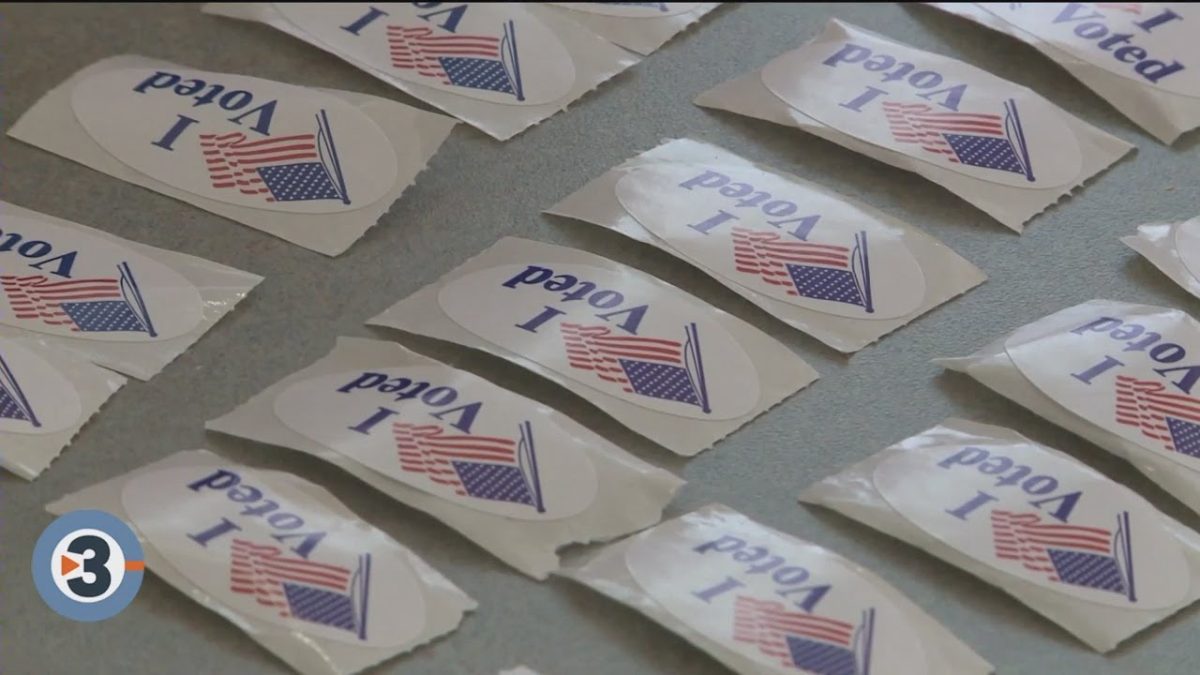For decades, Democrats have claimed to stand as the champions of minority communities, promising progress, resources, and economic revival. But Native American voters, like other minority groups, have begun to question the substance behind these promises, increasingly turning to the Republican Party—and to Donald Trump—out of frustration with long-standing unfulfilled pledges.
Exit polls in 2024 revealed a striking trend: 65% of Native American voters cast their ballots for Trump, a greater percentage than even some other demographic groups, signaling a profound shift in political allegiance. Robeson County, North Carolina, home to the Lumbee tribe, showcases this movement. Historically a Democratic stronghold, Robeson shifted right in 2016, handing a slight victory to Trump, then delivering him increasingly strong support in subsequent elections. In 2024, Trump claimed a dominant 63.4% of Robeson County's votes.
So, why are Native American communities, including the Lumbee, rallying around Trump and the GOP? The answer is rooted in economic and political disenchantment. For many Native communities, economic struggle isn’t just theoretical—it’s a day-to-day reality. Roughly a quarter of Native Americans live in poverty, facing unemployment rates significantly above the national average. Add skyrocketing inflation to the mix, and communities already stretched thin are now grappling with survival in an environment where the cost of basic necessities is rising steeply.
What exacerbates these difficulties is the perceived prioritization of resources for undocumented immigrants. As Native American families struggle to make ends meet, they see federal funds directed elsewhere, with undocumented immigrants receiving housing, food, and education benefits. This has only increased the discontent.
The Lumbee tribe, in particular, sits at the intersection of economic strain and broken promises. Robeson County, their primary home, was decimated by NAFTA, which led to widespread manufacturing job losses, especially in textile plants. Once an economic anchor for the region, these jobs left a void that has not been filled. As factories closed, the county’s economy crumbled, driving many Lumbee into unemployment. Now, as inflation surges and jobs remain scarce, they look to leaders who address these bread-and-butter concerns, with Trump positioning himself as the answer to their economic woes.
Federal red tape is another sticking point. The tribal lands in the U.S. contain an estimated 20% of America’s oil and gas reserves and 30% of coal reserves. However, only a small fraction of this potential has been tapped. Native tribes wishing to use these resources are often met with stringent regulations from agencies like the Environmental Protection Agency (EPA) and Department of the Interior. While some argue that these measures protect the land, tribal leaders increasingly view them as roadblocks to self-sufficiency and economic development. As Conrad Stewart of the Crow Nation in Montana notes, if the U.S. imports oil with lower environmental standards than what tribes would adhere to, why block tribes from harvesting their own resources?
Economic self-sufficiency through resource development would free tribes from federal oversight, a prospect not all bureaucrats support. The Crow Nation, for example, holds coal and mineral resources valued at an estimated $27 billion, but political and regulatory barriers keep their economic returns on coal below 1% and their unemployment rates high. It’s a pattern that has left many Native American communities struggling for independence.
For the Lumbee, who have fought for federal recognition since the 1950s, the shift towards the GOP reflects another unmet promise. Lumbee recognition would unlock federal resources and support, but even with partial recognition, their full status as a federally recognized tribe has yet to be granted. When Trump visited Wilmington, North Carolina, he promised to fully recognize the Lumbee if elected, a pledge the tribe’s members hold in high regard given the economic boost full recognition would provide.
The frustration with empty promises spans both parties, however. Shortly after Trump’s visit, the Biden-Harris campaign also pledged support for Lumbee recognition. While the tribe appreciates bipartisan attention, Lumbee leaders have stated clearly that their community is not a “pawn on the road to the White House.”


